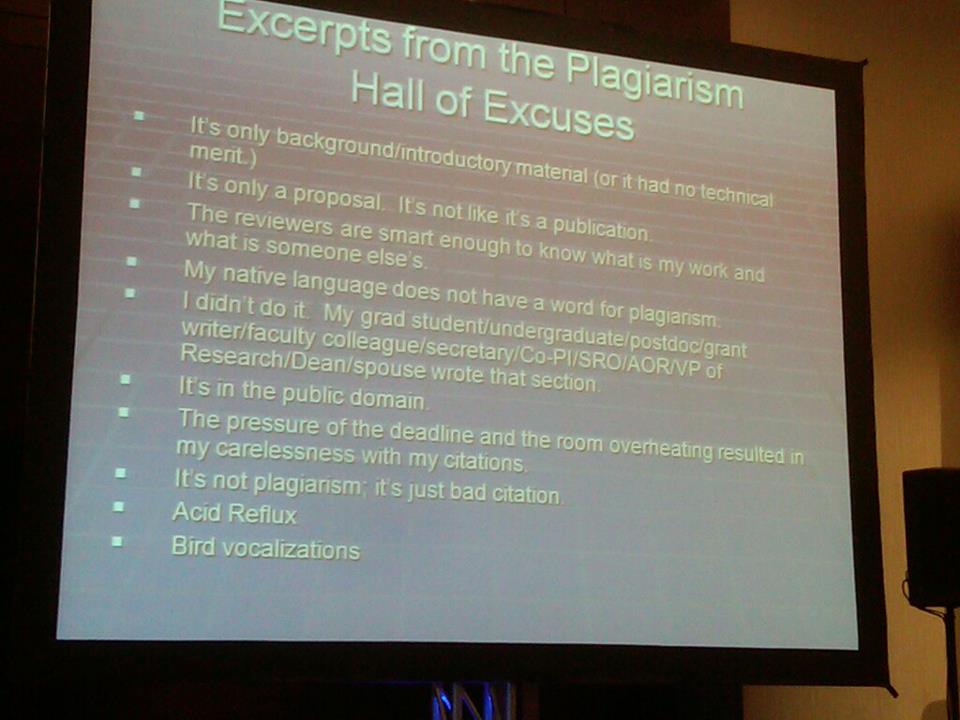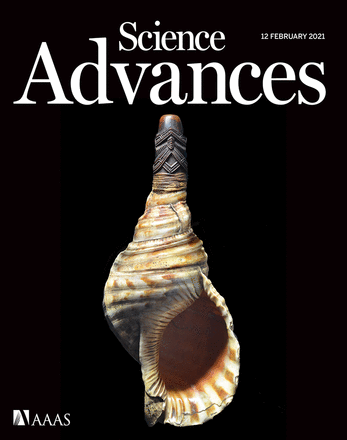
A group of drug researchers has lost a pair of 2020 papers for a lack of reproducibility and other problems, including the unfortunate mislabeling of murine stem cells as having come from humans. (In case you’re wondering, mouse and human stem cells are at once quite similar and highly divergent.)
One article, “Divergent synthesis of 5-substituted pyrimidine 2′-deoxynucleosides and their incorporation into oligodeoxynucleotides for the survey of uracil DNA glycosylases,” appeared in Chemical Science. The second, “Convenient synthesis of pyrimidine 2′-deoxyribonucleoside monophosphates with important epigenetic marks at the 5-position,” was published in Organic & Biomolecular Chemistry. Both journals belong to the Royal Society of Chemistry.
The senior author on the papers was Yana Cen, a medicinal chemist now at Virginia Commonwealth University in Richmond. Cen has not responded to a request for comment.
According to the abstract of the Chemical Science paper:
Continue reading Drug researchers retract two papers, one because “human stem cells were actually mouse stem cells”







